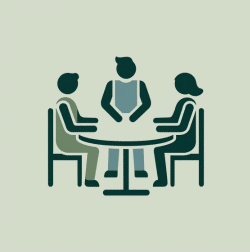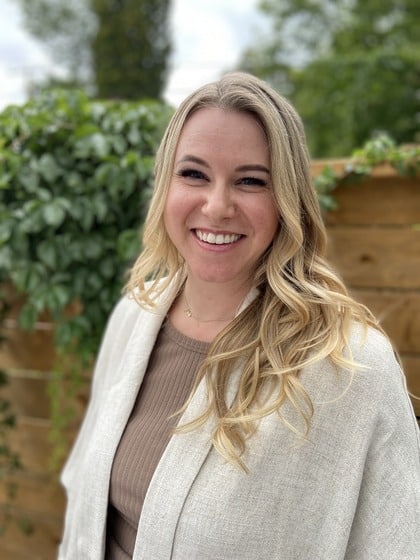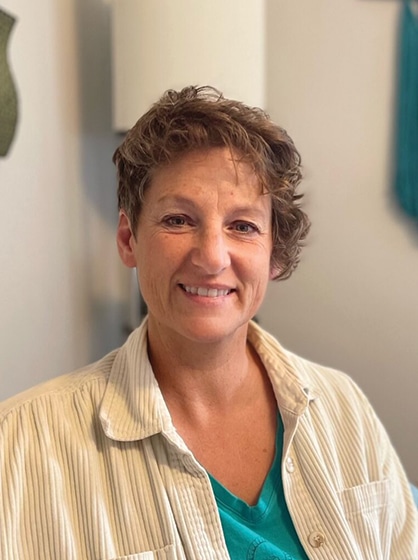Expert Workshops for Counsellors & Communities
Book a Group Workshop
Current Continuing Education (CE) Workshops
Improving Client Consultations and Intakes:
Great First Sessions Lead to Rebooking Clients
Available Virtually or in the Okanagan Region
Credit Hours: 1.5
Learning Objectives
Reasons to Participate
Use of Laughter in Therapy:
Lightening the Load in a Thriving Practice
Available Virtually or in the Kootenay Region
Learning Objectives
Reasons to Participate
Intro to Internal Family Systems:
A framework for living authentically and connecting to your Core Self
Available Virtually or in the Kootenay Region
Learning Objectives
Reasons to Participate
Our Workshops will help you….
LEARN PRACTICAL SKILLS FROM EXPERTS
Gain techniques and insights directly from experienced clinicians and leadership team members. Each workshop provides you with practical tools you can use immediately to enhance your skills and build confidence in your counselling practice.And…
STRENGTHEN CLIENT RELATIONSHIPS
Discover proven strategies for building trust and rapport with clients from the very first session. Learn how to make each interaction impactful, leading to stronger therapeutic relationships and lasting client engagement.So you can achieve….
LIFELONG LEARNING AND DEVELOPMENT
Build a solid foundation in counselling with practical insights that grow with you. Observe effective techniques in real scenarios and continuously refine your skills to stay at the forefront of your field.Walk away with….
CONTINUING EDUCATION CREDITS
Many of our courses are considered for CE Credits with the CCPA, BCACC and more. We provide you a certificate of completion for each participant who has completed our courses.Why Choose
OK Clinical?
At OK Clinical Academy, we are committed to supporting the professional growth of mental health professionals. Our workshops are designed to break down barriers to learning by offering accessible, affordable, and lessons instruction for every stage of your career.
Meet Our Expert Trainers
Our trainers bring real-world expertise and evidence-based strategies to every workshop, empowering you with practical skills for lasting impact.
Our Courses
Clinical Training
*Qualifies for Continuing Education Credits
Business Training
*Does Not Qualify for Continuing Education Credits
Secure Your Seat for the CE Workshop
Continuing Education for Counsellors and Social Workers
At the heart of the Academy is our commitment to supporting counsellors in meeting their professional development goals by offering workshops and lessons that align with the CE credit guidelines set out by BCACC, BCASW, and CCPA.
These sessions are thoughtfully designed to provide experiential and applied learning opportunities, striving to meet the standards for ‘Experiential & Applied Learning Activities’ for CE credit submission. Continuing education is vital for counsellors to stay current, refine their skills, and deepen their practice, ultimately enhancing the care they provide to clients.
Our Academy stands out by focusing on the unique needs of counsellors, offering evidence-based, practical workshops that foster meaningful growth and professional excellence. Whether you're looking to expand your expertise or fulfill CE requirements, the Academy offers a space to learn, connect, and advance your practice.
BC Association of Clinical Counsellors (BCACC)
- Professional Integrity.
- Interpersonal Relationships.
- Applied Therapeutic Knowledge.
- Professional Practice.
- Diversity and Inclusion.
- Formal Education – Structured learning such as accredited workshops, courses, or university programs.
- Practice-Based Learning – Hands-on experiences like peer consultations, clinical case reviews, or supervision sessions.
- Informal Learning – Self-directed professional development, including reading research articles, attending webinars, or engaging in relevant discussions.
Canadian Counselling and Psychotherapy Association (CCPA)
- 36 Continuing Education Credits (CECs) required over a three-year certification period.
- Must align with counselling and psychotherapy competencies.
- Attending training, workshops, or conferences.
- Publishing relevant materials or volunteering in counselling roles.
BC College of Social Workers (BCCSW)
- 40 hours of Continuing Professional Development (CPD) required every two years.
- Must align with the categories of Formal, Informal, Practice-based, or Community Engagement activities.
- Formal learning (e.g., courses, conferences).
- Peer consultations, professional reading, or mentoring.
- Teaching, research, or volunteering in a social work context.

Want To See A Workshop We Don't Currently Offer?
Looking for a specific workshop that isn't currently offered? At OK Clinical Academy, we're dedicated to supporting the professional growth of mental health practitioners by providing relevant and practical learning opportunities. If there is a workshop topic you're interested in but don't see listed, we'd love to hear from you!
Our team is happy to discuss customized learning options that align with the goals and needs of your team or organization. Let's collaborate to create a meaningful and impactful learning experience.
Reach out today to share your ideas!
Looking for a Clinical Supervisor?
Advance Your Skills with
OK Clinical Academy
OK Clinical Academy is dedicated to providing practical, expert-led workshops for counsellors and mental health professionals. Explore our workshops to deepen your expertise and build a stronger foundation for impactful practice.








